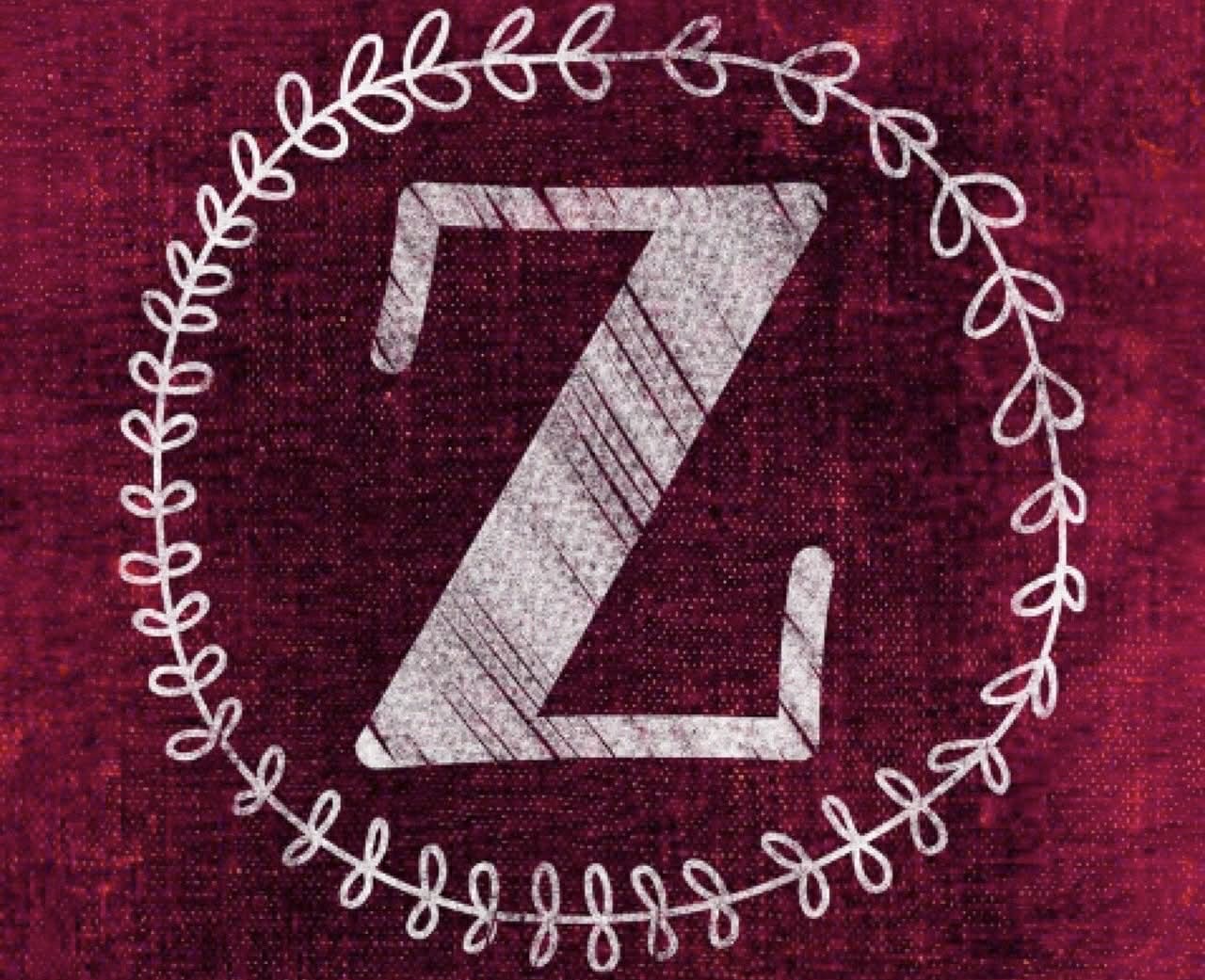Financial institutions around the world are increasingly developing blockchain-based solutions to streamline various processes and improve efficiency. Use cases include payments and remittances, trade finance, banking operations, and more.
The latest buzz was created by Mastercard, which recently announced its plans to develop and pilot blockchain cross-border payments solution in collaboration with enterprise software firm R3.
This, however, is not Mastercard’s first foray into blockchain, noted Filipe Castro, Co-Founder, and CIO at UTRUST. It can be recalled that the payments giant recently unveiled its blockchain-based tracing platform 'Provenance.’
“Payments are a killer app for blockchain, unlike any other due to their mass appeal – a use-case that is especially relevant for the mainstream adoption of digital currencies as a means of payment. In an age of fast information & instant feedback, where digital and physical augment each other, a universally trusted, verifiable and privacy-conscious means of value transmission will play a pivotal role,” Castro said, adding that this follows the same cycle of continuous technology evolution that was seen in the early ages of the internet.
Sky Guo, CEO and co-founder of Cypherium, emphasized that public blockchains pose a “very real threat” to the business models of legacy companies, and giants like MasterCard want to absorb crypto projects on their own terms to quell their disruption.
Guo believes that if blockchains scale to their full extent, there will be little need for the kind of private distributed ledger technologies (DLTs) proposed by giants like JPMorgan, Facebook, and now MasterCard.
“The true killer Dapp will make obsolete these private networks; it will be faster and cheaper to use while returning financial economy to its users; that is the promise of Bitcoin that so many new chains are trying to fulfill. So one can see that their motivation in entering the space is, at least partially, guided by their need to street the conversation, to dictate the way in which blockchain technology enters the world. For now, though, blockchain must support and participate in these projects,” he added.
Charles Lu, CEO of Findora, is also skeptical of these initiatives going beyond the proof-of-concept (POC) phase.
“While it’s not clear yet whether the proposed initiatives will go beyond proof-of-concept, the news that Mastercard is to develop a blockchain-based cross-border payments platform is a welcome move,” he said. “Tech giants such as Mastercard play an influential role in encouraging the acceptance of cutting-edge technologies and this news is symbolic of Mastercard’s willingness to challenge the status quo and seek solutions to improve current payment systems.”

























Comment 0